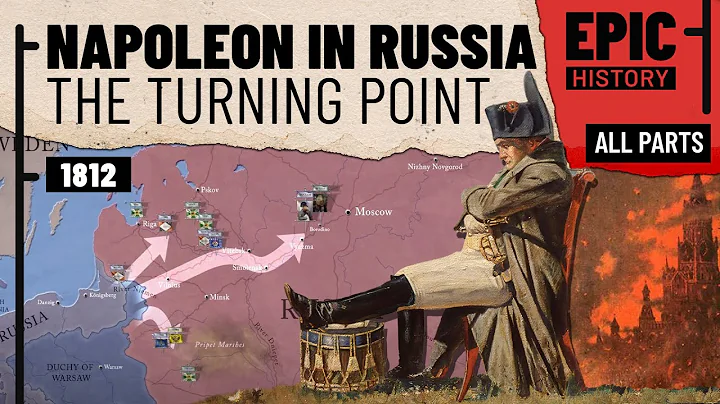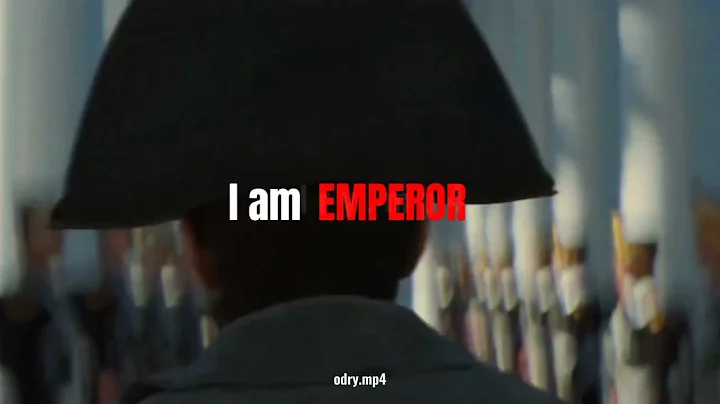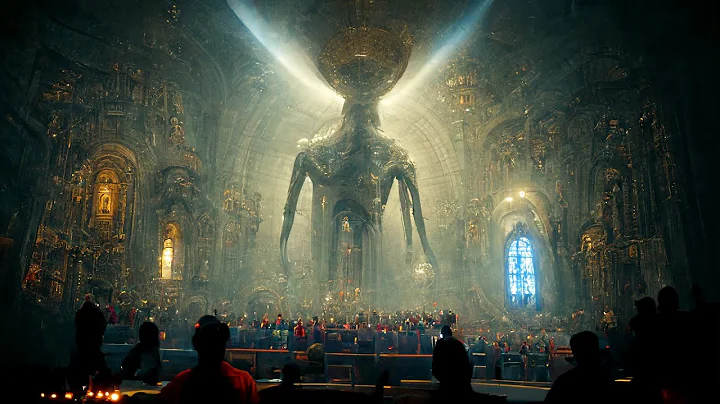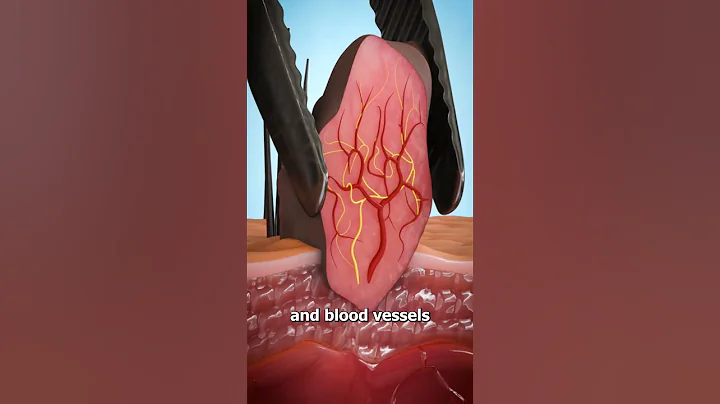French Emperor Napoleon beat all European countries to pieces. During this period, Russia not only actively sent troops to support European countries, but also single-handedly crippled Napoleon's ally Ottoman Turkey. In 1812, Napoleon led a 600,000-strong army to invade Russia. In the second year, less than 20,000 French troops returned. The Tsarist Russian army pursued them all the way to Paris. In March 1814, Tsar Alexander I, dressed in military uniform and riding a tall white horse, accompanied by the King of Prussia, entered the city of Paris grandly. After the Battle of Waterloo in 1815, Napoleon was ousted from the throne of emperor. At the Congress of Vienna, Britain, Russia, Austria and Prussia established the "Quadruple Alliance Treaty" against France. It is not an exaggeration to say that Russia saved European countries from the iron heel of France. Russia dominated Eastern Europe, dismembered the Principality of Warsaw, and stationed troops in France. Western European countries surrendered and Russia became the European military police for a while.

In the Eighth Turkish-Russian War from 1828 to 1829, the Russian army fought across the Danube River, crossed the Caucasus Mountains, and occupied the mouth of the Danube River, its nearby islands, and the east coast of the Black Sea. The decline of Ottoman Turkey is obvious. European countries that have never allowed one dominant country to come together slowly start to target Russia. The defeated France was the most active.
Napoleon III came to power during the French February Revolution in 1848, and restored the imperial system in 1852. France threatened Turkey with force, withdrew the right to protect the Holy Land and declared that France had the right to protect the Catholic churches in its territory. This undoubtedly touched the cheese of the Russian Orthodox Church. Of course, Austria and Prussia, which are both Catholic countries like France, cannot support Russia and declare neutrality. Britain has always supported the weak France against the arrogant and strong Russia, but it still does so in private and secretly. , so that the "Four-Power Alliance Treaty" was virtually disintegrated by France. In July 1853, 140,000 Russian troops crossed the Prut River and occupied the Ottoman principalities of Moldavia and Wallachia, and the ninth Russo-Turkish War broke out.
1854. In March, the French and British navies entered the Black Sea region and declared war on Russia. After marrying Princess Sissi, the Austrian Emperor occupied Moldavia and the Principality of Wallachia. The European leader was besieged and had no friends. In July, the Russian army Retreat to pre-war conditions. Cholera broke out in August, and 60,000 British, French, and Turkish troops landed in Crimea in September. The British and French troops had advanced equipment (steam engine warships, rifled Minie rifles with a range of 500 yards, and Russian muskets with a range of 150 yards). In front of the coalition forces, the Russian army was defeated one after another. At the end of the month, the coalition forces surrounded the port of Sebasportor (the Black Sea Fleet was trapped in the port and the shipwreck blocked the entrance to the sea).
10.24 The Battle of Balaklava (Death Charge) defeated the Russian reinforcements led by Menshikov; at the end of the month, Menshikov led a 120,000-strong army to come for reinforcements, but was repulsed again in the Battle of Inkerman, and the war entered winter. Siege. In March 1855, Tsar Nicholas I died violently, and Menshikov resigned as commander-in-chief of the Russian army. The Kingdom of Sardinia sent 15,000 troops to Crimea to declare war on Russia. On April 9th, 520 coalition artillery pieces began a large-scale shelling. On May 25th, the coalition forces captured Kerch, the Russian logistics center. On August 16th, the Russian army's last rescue operation failed. On September 8th, the French McMahon Division captured the Malakoff Fortress. Allied artillery fire could cover the entire Sevastopol. That night, the Russian army destroyed all the fortifications and withdrew, entering the highlands north of Sevastopol to set up defenses. The Russian Black Sea Fleet was destroyed. The Russian army with backward equipment fought tenaciously and defeated the Turkish army on the Caucasus battlefield. In the direction of the Baltic Sea, Napier led the British navy to defeat the Russian fleet.

1856. In February, the Paris Peace Conference reached a ceasefire agreement: ensuring Turkey's "independence and integrity" (not allowing it to decline too quickly); Russia regained the occupied territory of the Crimean Peninsula and gave up its right to protect the Orthodox Church in Turkey; The mouth of the Danube and southern Bessarabia were ceded to Moldavia, Kars in the Caucasus was returned to Turkey, and the suzerainty of Serbia, Wallachia and Moldavia remained with Turkey; Russia was prohibited from having a fleet and naval bases in the Black Sea , Russia is not allowed to fortify the Aran Islands in the Baltic Sea.
The Russian army lost more than 522,000 people and was defeated, but it was not a rout. It retained its status as a great power, but its international status dropped sharply. It was no longer the European military police.The betrayal of the Austrian Emperor broke the Tsar's heart (in 1848, Russia also sent troops to help the Austro-Hungarian Empire suppress the Hungarian independence uprising). From then on, Tsarist Russia turned to the East. In 1858 and 1860, the Treaty of Aihun and the Treaty of Beijing were signed with China. Treaty", ceded more than 1 million pieces of land in Northeast China, and conquered the three khanates of Kokand, Bukhara, and Khiva in Central Asia from 1864 to 1865. In 1867, 1.5 million acres of Alaska land were sold to the United States for $7.2 million. The Tenth Russo-Turkish War of 1877-1878 gained a large area of Turkish territory. In 1877, troops were sent to capture Yili, but Zuo Zongtang took it back. Alexander II, who was preparing for the establishment of a constitutional monarchy in March 1881, was assassinated.
Note 1 Holy Land Issue: In 1535, King Francois I of France allied himself with Suleiman I of the Ottoman Empire against the Holy Roman Empire. As a gift, the Ottomans recognized France's protective rights over the churches in the Holy Land. In 1757 the protection of the Holy Land was given to the Greeks.
Note 2 Crimean War: New rifled rifles, steam-powered warships, railways, wired telegraphs and other technological inventions played an important role in the war. Cable telegraphs conveyed the battle situation in real time, and public opinion had a profound impact on the course of the war. Military logistics systems such as engineering support, field medical care, logistics and transportation, and field hospitals have developed into an independent department.
After the war, Nightingale (the founder of nursing and the founder of modern nursing education) founded the first nursing school in London.

Leverier, director of the Paris Observatory, draws weather maps.
The Victoria Cross was established by the British Army in 1856.
Cigarettes appear in the war.
Napoleon III changed a street in the central area of Paris to Sevastopol Street to commemorate the victory.















![[Original] The perfect human fighter #short - DayDayNews](https://i.ytimg.com/vi/91OKG22l9lg/hq720_2.jpg?sqp=-oaymwE2CNAFEJQDSFXyq4qpAygIARUAAIhCGABwAcABBvABAfgBzgWAAoAKigIMCAAQARg1IFIocjAP&rs=AOn4CLCQ8DheT7GNwD6RnBstUdmfLwHPUA)





